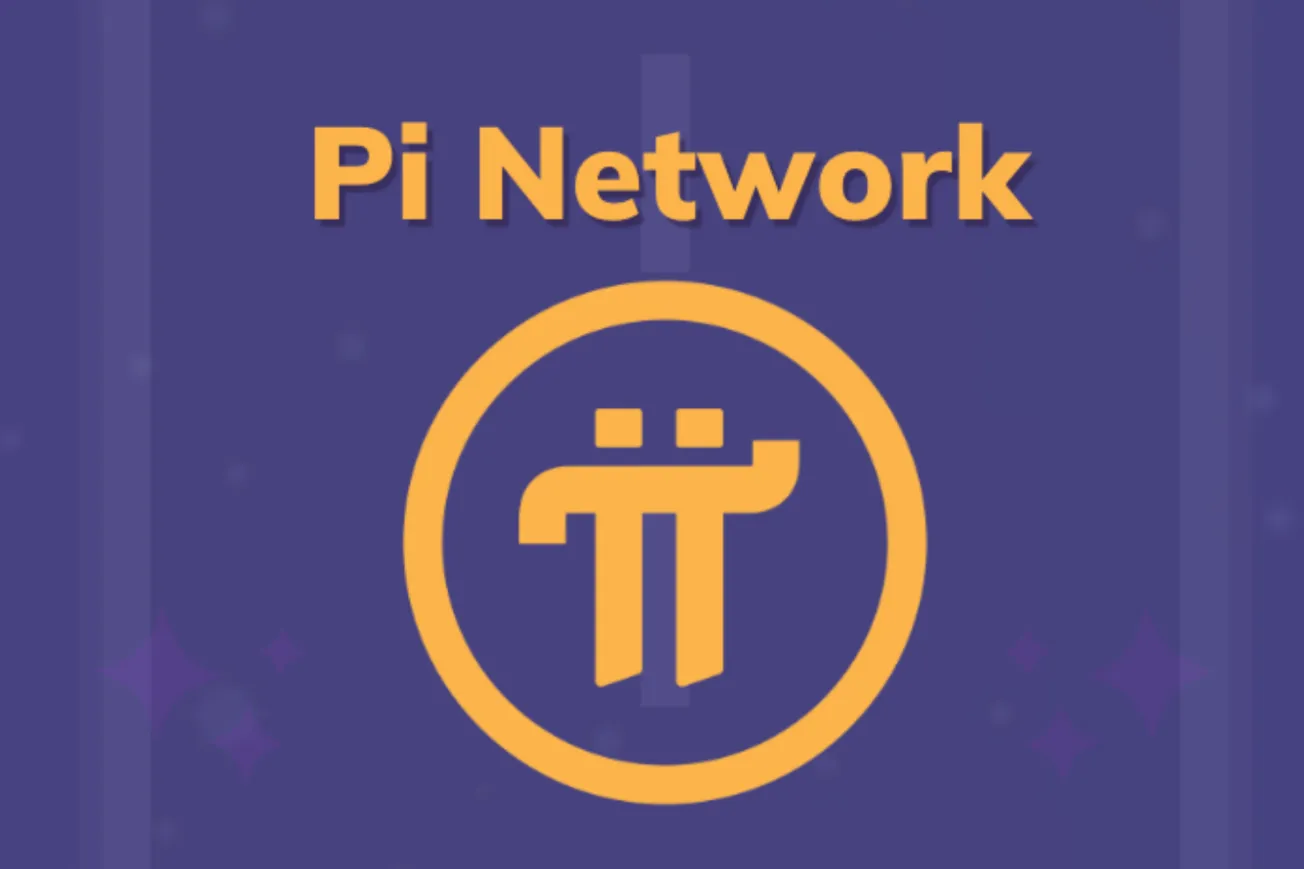ARTICLE AD BOX
Lithuania is set to impose strict licensing requirements on crypto firms by 2025, which will significantly reduce the number of companies able to operate in the country.
Central bank board member Simonas Krepsta told Bloomberg on April 3 that the move aims to establish robust oversight for the industry as digital assets are increasingly integrated with the financial system.
Reduction in numbers
Krepsta said that 580 firms are currently active in Lithuania, and it is unlikely that most will be able to obtain the new license successfully. He added that the number of crypto companies expected to meet the comprehensive criteria for full permits will be “much lower” than the current registrations.
The licensing process is scheduled to conclude by June 2025, and firms failing to secure licenses will be compelled to exit the Lithuanian market.
The Bank of Lithuania will begin a pre-assessment procedure for licensing in July. Some firms already authorized to operate in the EU via licenses from other states may be exempt from applying for the new license.
The central bank will also focus on enhancing its staff’s understanding of crypto business models.
The tightening of regulations comes in response to the challenges the crypto industry faces in lightly regulated environments. It aims to curb the unregulated expansion of crypto firms in the country.
Krepsta cited numerous instances of failures, embezzlements, and other financial crimes across the US, Europe, and Lithuania, illustrating the need for more robust oversight.
Increasing regulation
For the past decade, Lithuania has carved out a reputation as a thriving FinTech hub, attracting a slew of financial technology startups, including prominent names like Revolut — which secured its banking license in the country.
Lithuania’s initiative reflects a broader global trend, with financial hubs like Singapore, Hong Kong, and Dubai rolling out extensive regulatory frameworks for digital assets in recent years.
The EU is also on the cusp of implementing its inaugural unified crypto legislation, the Markets in Cryptoassets (MiCA), set to take effect in January 2025.
The post Lithuania to establish strict licensing regime for crypto firms by 2025 appeared first on CryptoSlate.
.png)
 9 months ago
4
9 months ago
4








 English (US)
English (US)